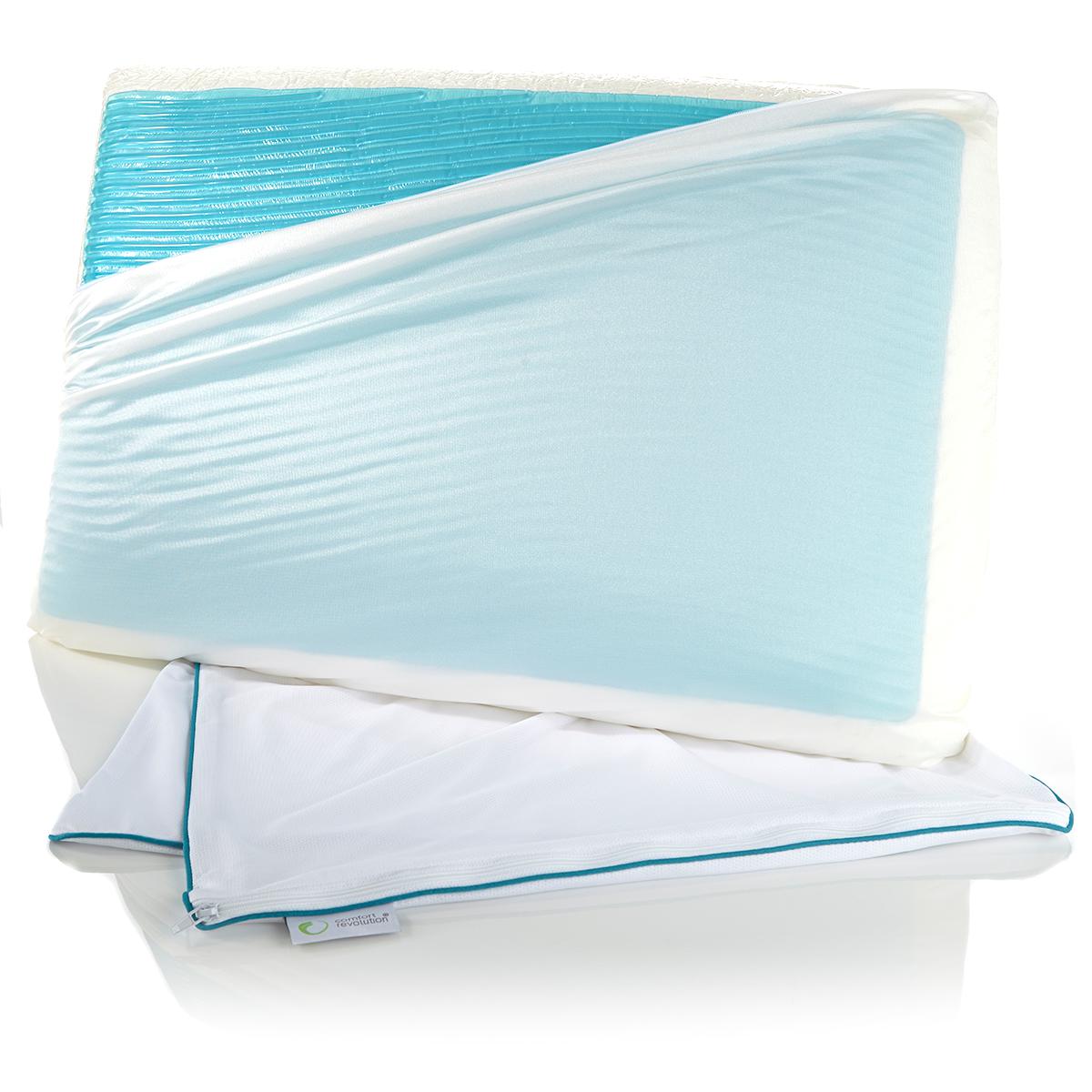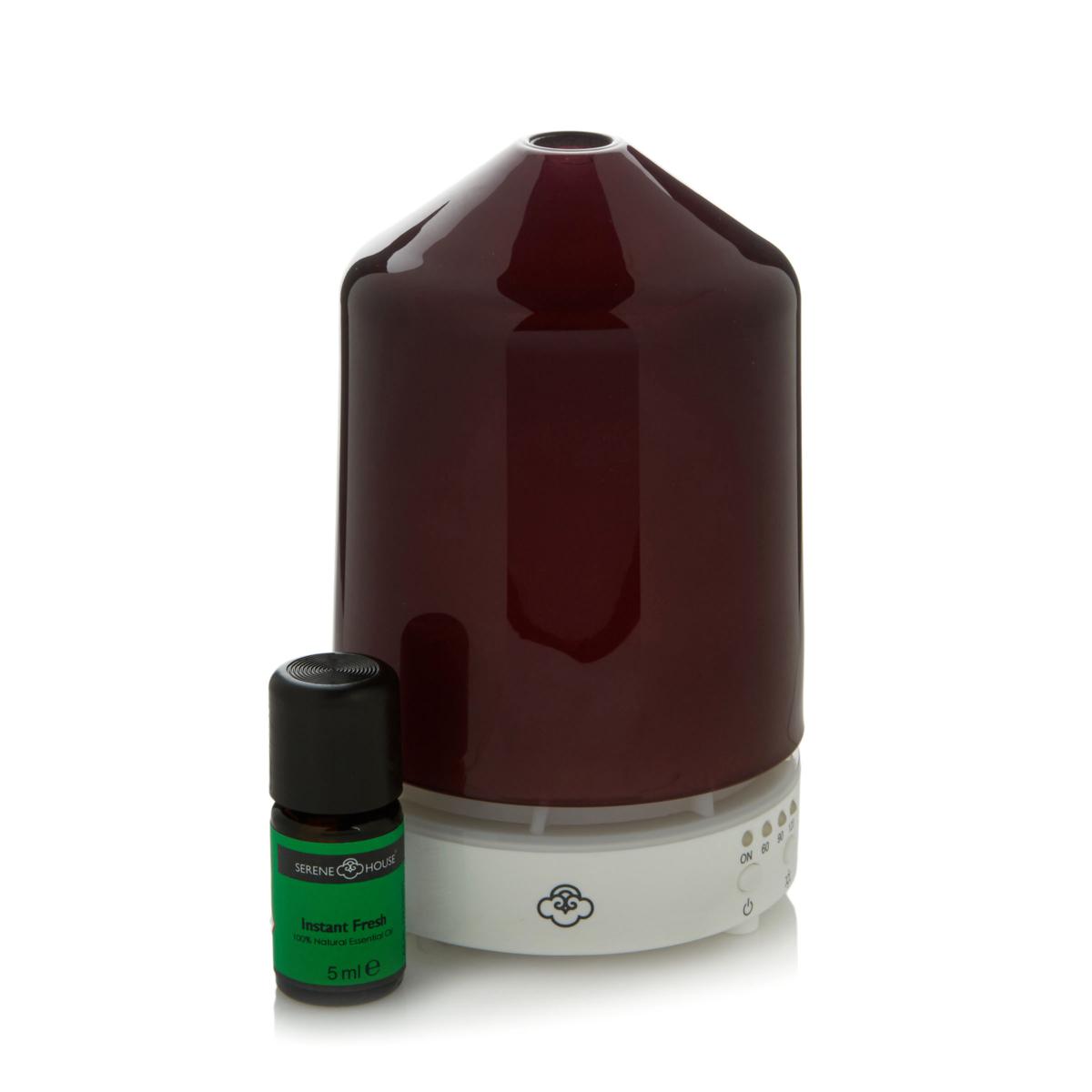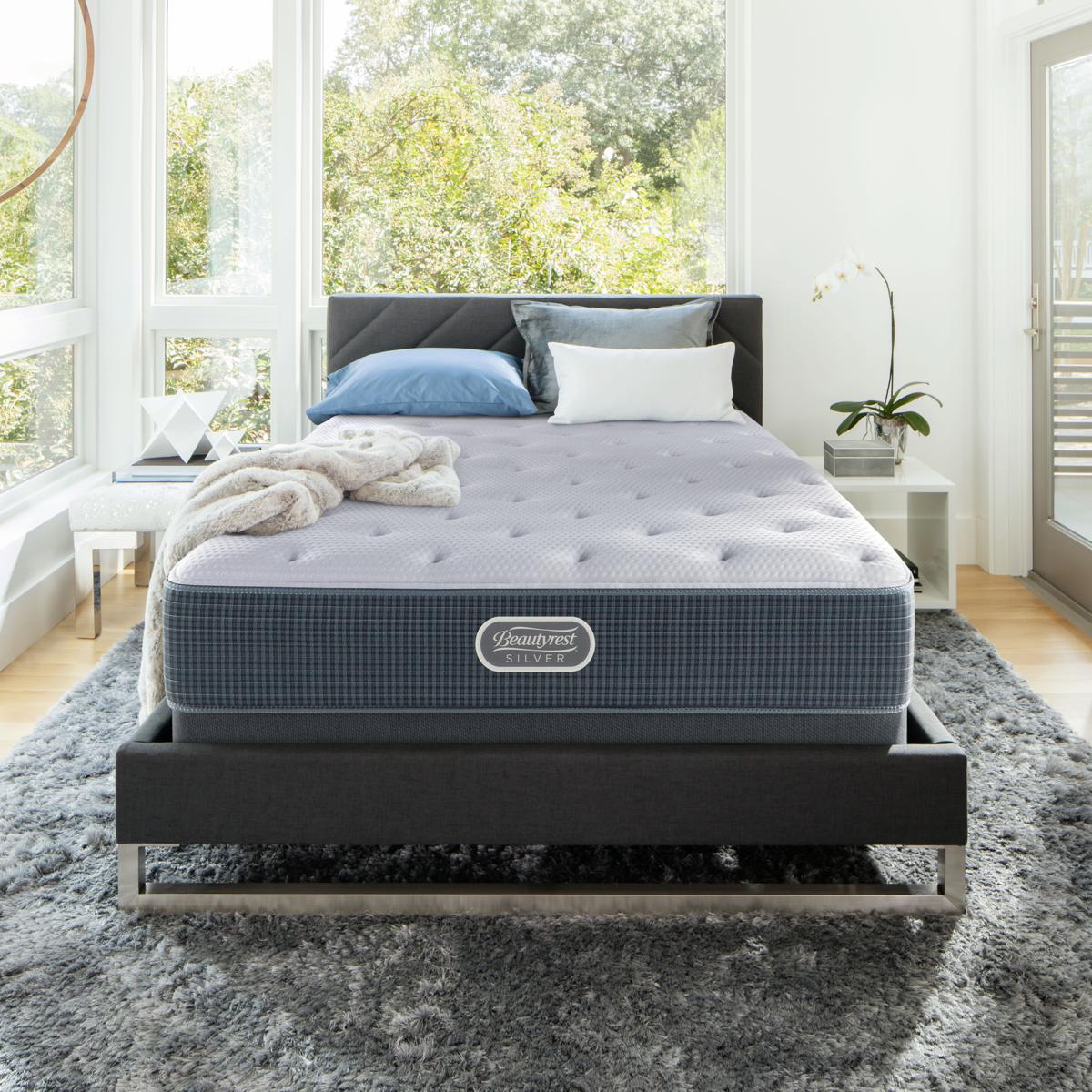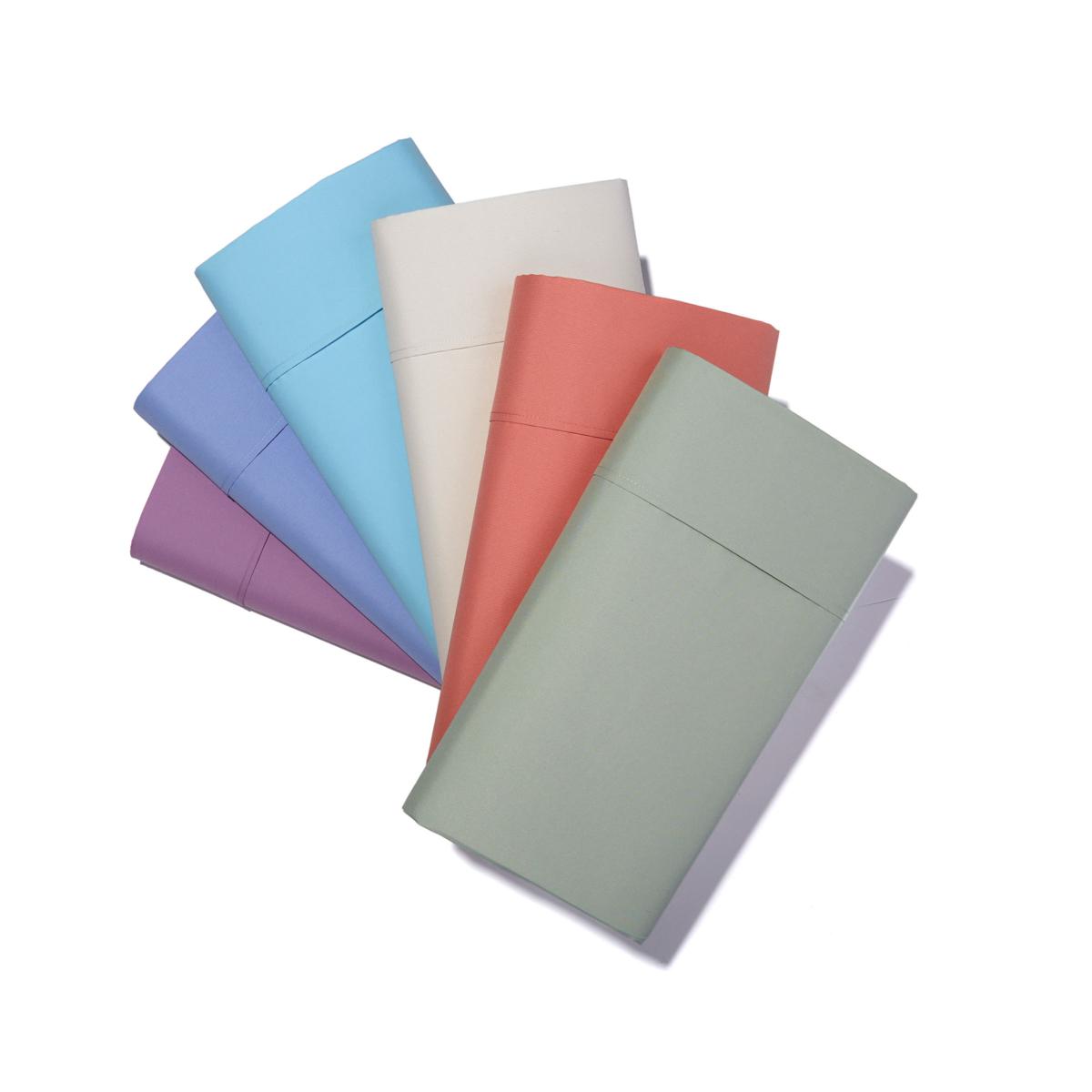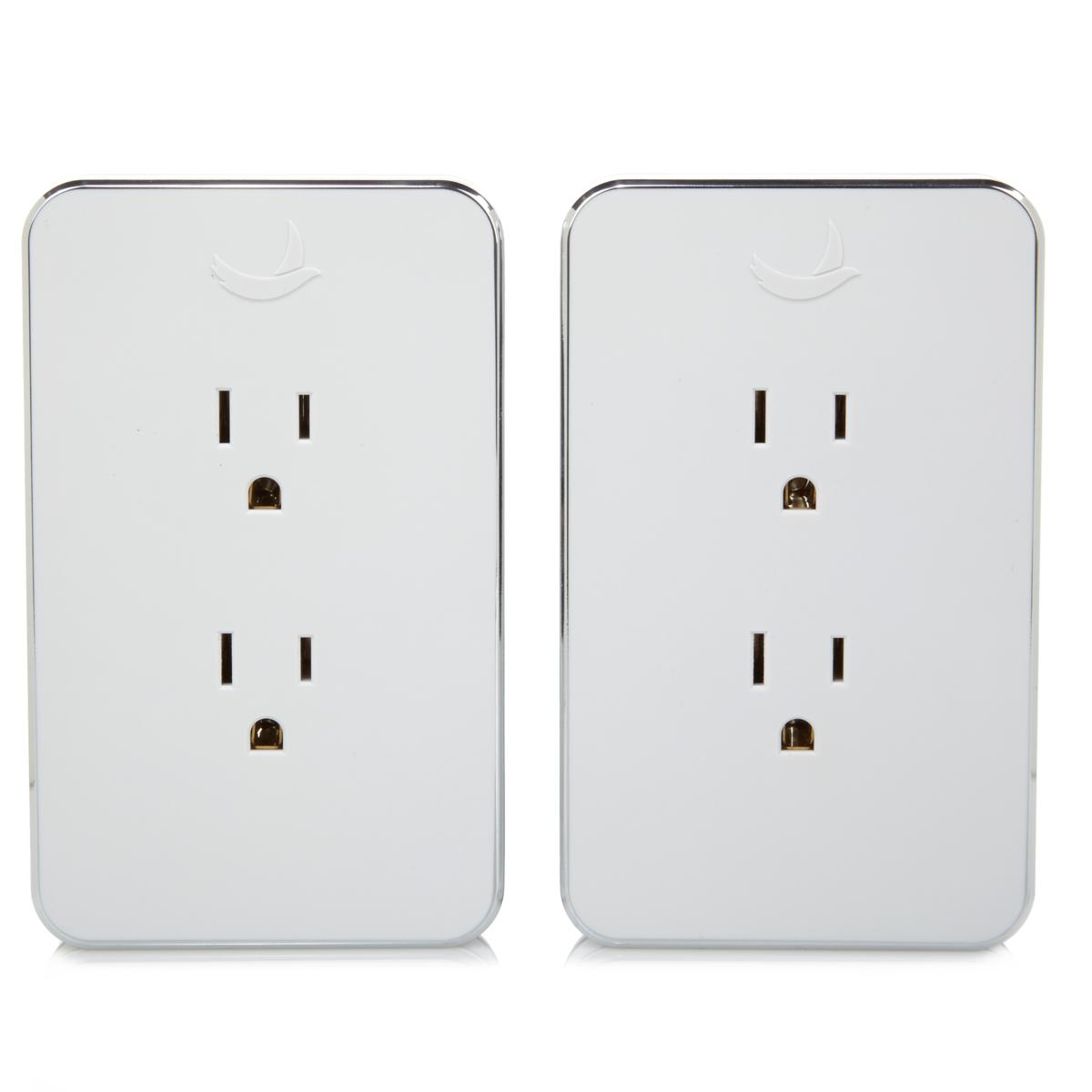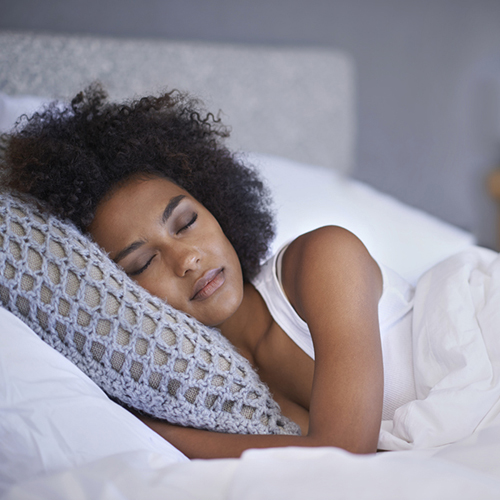
5 Photos
How many of us feel like we could use a few extra hours of sleep every night? With demanding work schedules, family commitments and social media pinging us every 15 minutes, it’s easy for those precious sleep hours to become filled with distractions and restlessness. That’s why HSN is excited for the launch of its new show, Connected Life, airing tonight and every Wednesday from 7:00 – 9:00 p.m. ET.
HSN’s host Brett Chukerman will connect you with experts to discuss topics like sleep, relaxation, fitness and more to help you achieve your best, balanced life.
For tonight’s premiere, it’s all about making the most of those precious hours dedicated to sleep. Here’s a few tips from Connected Life’s featured guest, Dr. Michael J. Breus, better known as the “Sleep Doctor,” on how to get the most out of your zzz’s.
Night Lights
According to Dr. Breus, the bedroom is no place for televisions and digital screens. The blue-wavelength light projected from these devices suppresses the production of melatonin, a hormone that makes you sleepy. Falling asleep to the TV on or scrolling through your social media profiles in bed bring that unwanted light into the bedroom, ultimately interfering with your sleep.
A few ways Dr. Breus says you can reduce blue-wavelength light in your bedroom is by charging your phones and tablets in another room. If you read from a digital device before falling asleep, use blue-light-blocking filters to limit your exposure in the evening. If you’re attached to falling asleep with the TV on, set a timer so it turns off automatically.
Did You Hear That?
We can’t prevent those unwanted noises that can happen in the night like a car backfiring, ambulance passing by, or leaves brushing against your window. But we can help reduce those noises with the use of a sound machine or earplugs. Sound machines create soothing sounds like white noise, moments in nature or meditative music that help many people fall asleep more quickly and sleep through noises that might otherwise awake them.
For earplugs, Dr. Breus recommends finding a pair that’s comfortable and is the best fit for you. You’ll want earplugs with a noise reduction rating of 32 decibels, which will block around one-third of environmental noise. Allowing you to still hear important sounds like a baby crying or smoke alarm ringing.
Fresh Air
The air you breathe is also important to helping you get the most out of those sleep hours. Dr. Breus says the simplest way to introduce fresh air and clear out pollutants from your home is to open the windows at least once a week. If this isn’t possible, consider using an air filter to help remove irritants like dust, pet dander and smoke from your home. According to Dr. Breus, better air quality also cuts down on the risk of allergy flare-ups and respiratory illness, which can both interfere with sleep.
Make sure to tune-in for more sleep tips from Dr. Michael J. Breus on tonight’s episode of Connected Life at 7:00 p.m. ET.








